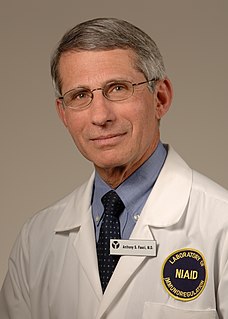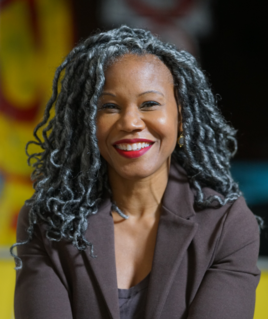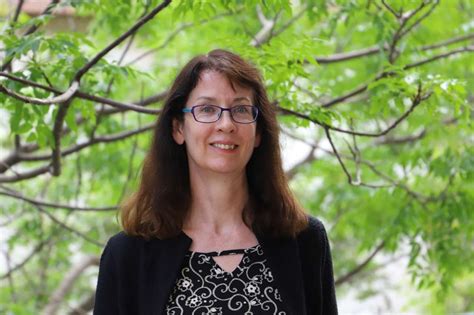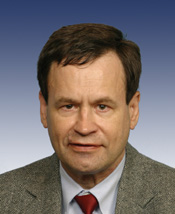A Quote by Gina McCarthy
There is no threshold level of fine particle pollution below which health risk reductions are not achieved by reduced exposure.
Related Quotes
The natural tendency of representative government, as of modern civilisation, is towards collective mediocrity: and this tendency is increased by all reductions and extensions of the franchise, their effect being to place the principal power in the hands of classes more and more below the highest level of instruction in the community.
If man were relieved of all superstition, and all prejudice, and had replaced these with a keen sensitivity to his real environment, and moreover had achieved a level of communication so simplified that one syllable could express his every thought, then he would have achieved the level of intelligence already achieved by his dog.
Health education emphasizing risks is a form of pedagogy, which, like other forms, serves to legitimize ideologies and social practices. Risk discourse in the public health sphere allows the state, as the owner of knowledge, to exert power of the bodies of its citizens. Risk discourse, therefore, especially when it emphasizes lifestyle risks, serves as an effective Foucauldian agent of surveillance and control that is difficult to challenge because of its manifest benevolent goal of maintaining standards of health. In doing so, it draws attention away from the structural causes of ill-health.
Vulnerability is not weakness, and the uncertainty, risk, and emotional exposure we face every day are not optional. Our only choice is a question of engagement. Our willingness to own and engage with our vulnerability determines the depth of our courage and the clarity of our purpose; the level to which we protect ourselves from being vulnerable is a measure of our fear and disconnection.
































